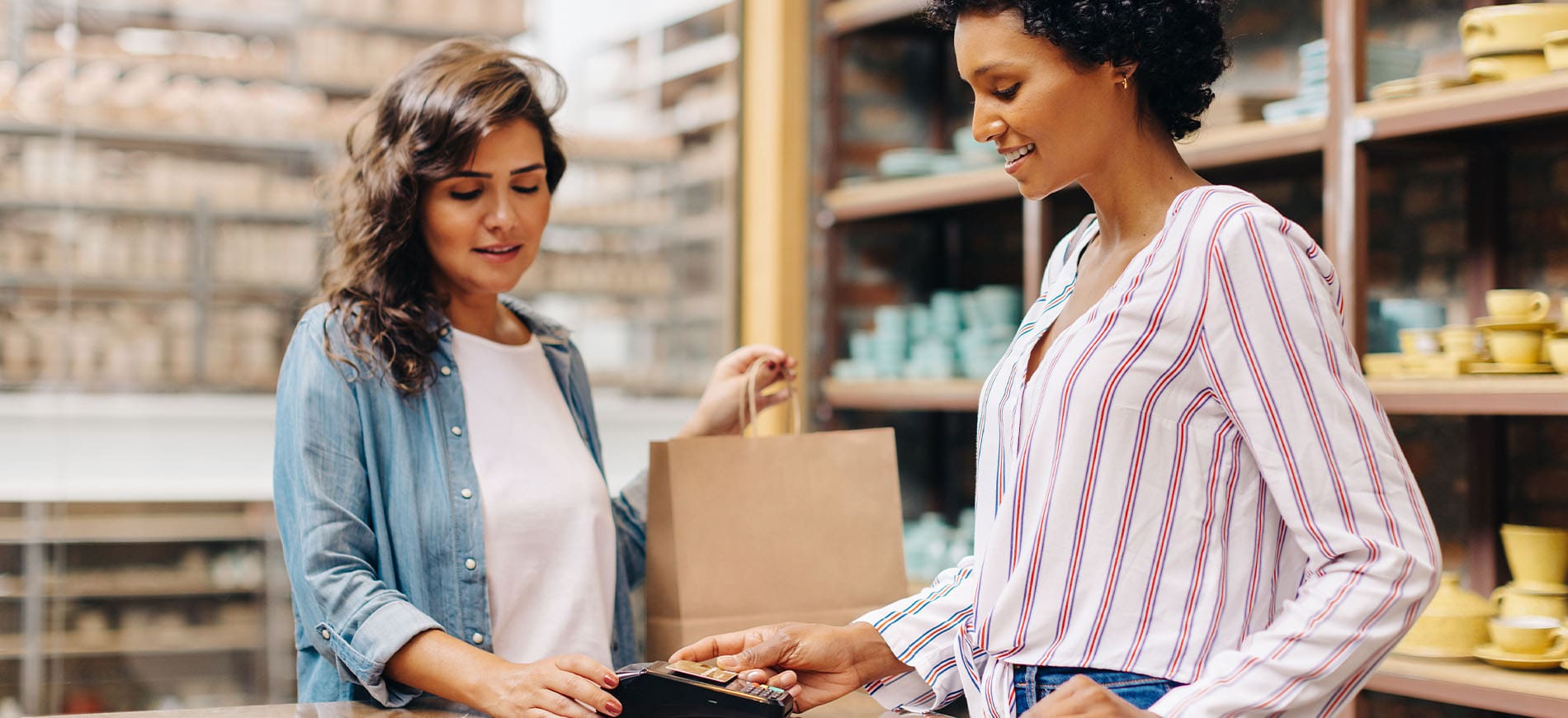As the world is slowly moving out of lockdown, consumers everywhere are changing the way they live and behave. The ongoing social distancing measures and the presence of the virus means consumers have to adapt to the ‘next normal’ and their expectations for different sectors are changing. In this two-part series, our analysts from the UK and US explore what short, medium and long-term impact COVID-19 will have on six different industries in their markets. First, we explore the changes we can expect in Leisure, Food and Drink and Technology.
 Leisure Analyst, Lauren Ryan – How COVID-19 will change Leisure (UK)
Leisure Analyst, Lauren Ryan – How COVID-19 will change Leisure (UK)
There’s no doubt that the UK leisure industry has been one of the hardest hit sectors over the last few months. While some leisure venues in England such as cinemas, museums and outdoor fitness spaces have reopened their doors and indoor gyms have been given the green light to reopen from 25 July, uncertainty from brands and hesitation from consumers will not disappear overnight. One thing is certain, though: the digital shift during lockdown will persist even once we can return to indoor venues. The ability to reach consumers across the globe will not be swapped just for those on the doorstep, the benefits are too great. For many, keeping online revenue streams intact will be crucial to survival.
While some consumers intend to ditch digital platforms once gyms reopen, those that used them throughout lockdown are significantly more likely to continue using them in the long term. Health and fitness club operators will begin to offer a combination of offline and online memberships and tiered subscriptions could become more common. Digital-only subscriptions could give members access to online class content, while unlimited access subscriptions could allow members to access online content, visit venues in-person and receive personal training.
What workouts could look like when gyms reopen in the UK
Source: BBC News
Although entertainment events and venues have shut their doors, some promoters and ticketing platforms have monetised virtual streaming, offering a viable alternative to free concerts on social media. Data will be even more crucial to provide a personalised experience. However, the 10.2 million views for the BBC’s virtual Glastonbury Experience festival (25 June- 29 June) reveal that consumer appetite for the ‘real thing’ is strong. Focus has well and truly shifted to the 2021 season, but operators across the entire industry, particularly those on the smaller side, will be fighting until then.
 Associate Director, Food & Drink – Caleb Bryant – How COVID-19 will change Food & Drink (US)
Associate Director, Food & Drink – Caleb Bryant – How COVID-19 will change Food & Drink (US)
Food and drink brands will have new product innovation opportunities in the post-pandemic world. Interest in food and drinks that offer immunity support will linger has consumers take a preventative approach to future diseases. Products with explicit easy-to-understand health benefits will appeal to consumers newly interested in holistic health to prevent disease.
The pandemic has been a boom to large Consumer Packaged Goods (CPG) companies as consumers return to familiar national brands rather than newer startups. A recessionary mindset will motivate consumers to stick with the brands they know and trust which indicates limited growth for smaller companies. Consumers will once again experiment with startup food and drink products once the recession subsides but the largest CPG companies will be quick to respond with their own new product introductions to compete with smaller brands. The increased incidence of consumers working from home creates new opportunities for food and drink companies as consumers commute less frequently. For example, beverage brands appeal to these consumers through large multi-serve packaging formats, such as multi-serve ready-to-drink coffee.
Ready-to-Drink forms such as this Mocha Iced Coffee from Danone (US) could appeal to consumers working from home
Source: Mintel GNPD
Concerns over food and drink sustainability have faded into the background as consumers prioritize the immediate threat of the pandemic. However, it’s possible and likely probable that consumer interest in sustainability will surge post-pandemic if consumers view the pandemic as a precursor to global warming and as consumers more directly draw connections between their personal health and wellbeing to the planet’s health. The composition of American consumers will also change as more Generation Z consumers reach adulthood; Generation Z tends to be an eco-conscious generation and will demand sustainable packaging from brands. Beverage brands need to make strides toward more sustainable packaging now to prepare for a post-pandemic world where plastic is even more vilified.
 Consumer Technology Analyst, Zach Emmanuel – How COVID-19 will change Technology (UK)
Consumer Technology Analyst, Zach Emmanuel – How COVID-19 will change Technology (UK)
There will be several key changes to how consumers interact with technology as a result of COVID-19. One area expected to see growth is the app-based ordering market for these venues, with restaurant staff bringing food and drinks to a table instead of people queuing close together. More restaurants offering the ability to order from an app is also likely to increase the number of people who use mobile payment services such as Apple Pay or Google Pay.
Apple Pay could become the standard payment form for customers
Source: CIB bank
COVID-19 has caused a significant increase in the use of video calling services, but as the lockdown is eased, this is expected to drop noticeably, with face-to-face interaction at the front of people’s minds. Video calling apps will still serve a key purpose, though, for people who remain cautious, particularly if there is a second spike of the virus in the winter months. With offices gradually re-opening, people will have concerns about the safety of using public transport, particularly during peak hours. Meanwhile using cab services like Uber or Lyft also presents a level of risk.
Looking more long-term, another alternative mode of transport that is gaining prominence is e-scooters. Whilst consumers can buy e-scooters now, it is actually illegal to use them on public pavements, cycle paths or roads. However, the Department for Transport (DfT) is conducting trials to allow rented e-scooters to be used in cycle lanes and on the road. This one-year trial is examining the safety of the scooters as part of its judgement as to whether to legalise them or not. If the trials are successful, using e-scooters will provide an engaging alternative for those who have become uncomfortable with public transport as a result of the crisis.
In part 2, our analysts discuss changes in retail, furniture and beauty.












 Leisure Analyst, Lauren Ryan – How COVID-19 will change Leisure (UK)
Leisure Analyst, Lauren Ryan – How COVID-19 will change Leisure (UK)
 Associate Director, Food & Drink – Caleb Bryant – How COVID-19 will change Food & Drink (US)
Associate Director, Food & Drink – Caleb Bryant – How COVID-19 will change Food & Drink (US)
 Consumer Technology Analyst, Zach Emmanuel – How COVID-19 will change Technology (UK)
Consumer Technology Analyst, Zach Emmanuel – How COVID-19 will change Technology (UK)























